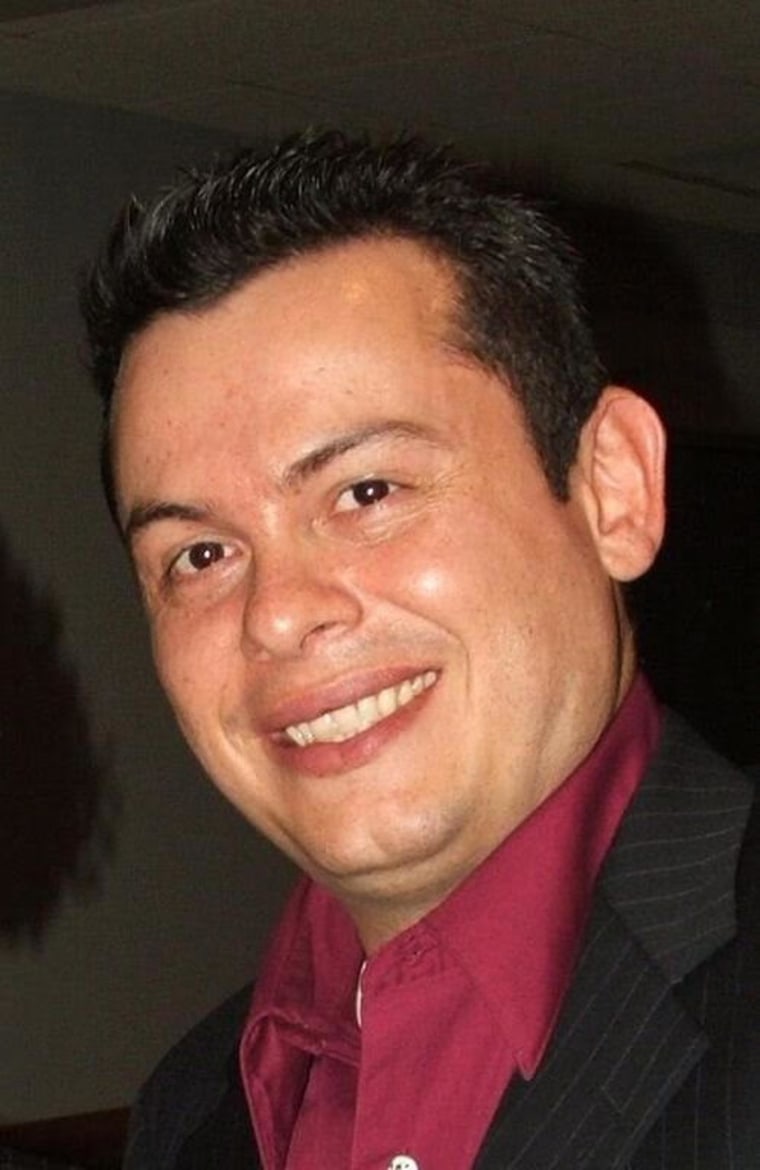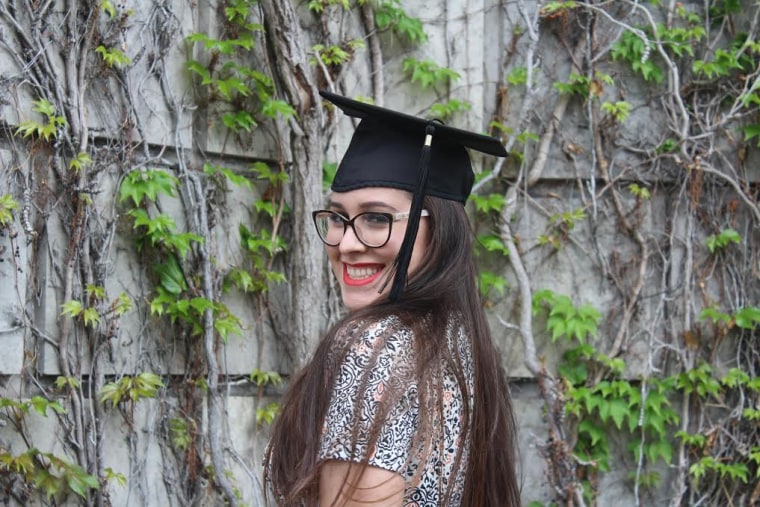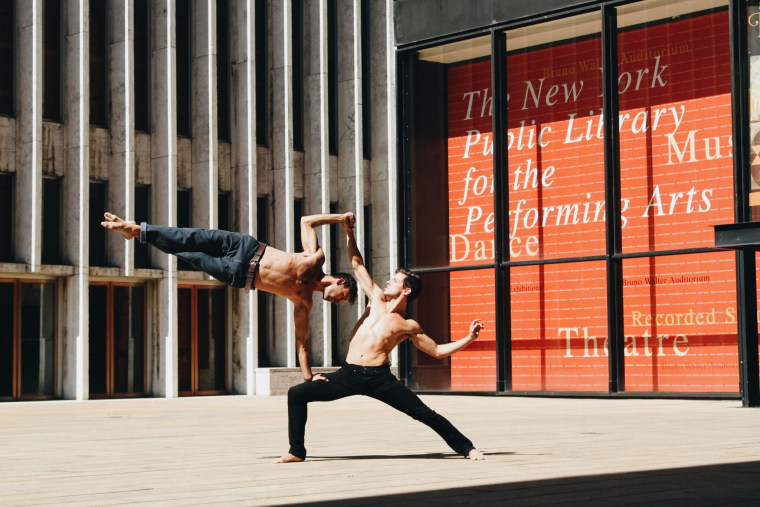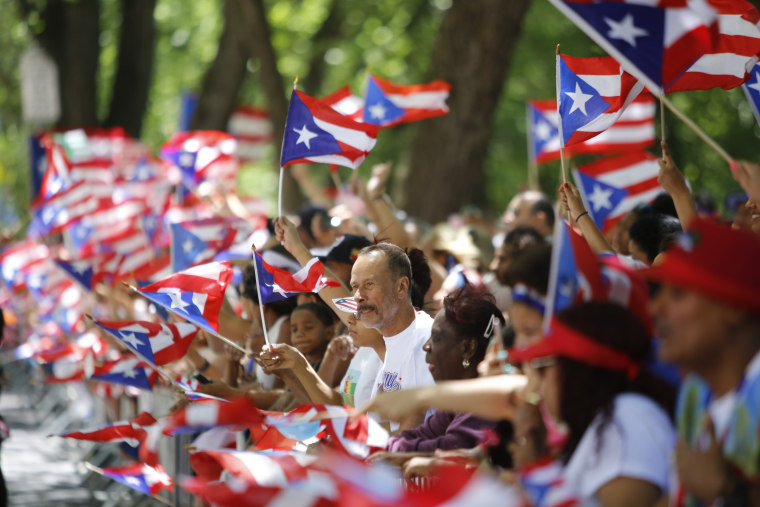NEW YORK -- Monica Rexach, Sophia Caraballo and Omar Roman are part of the more than 130,000 Puerto Rican millennials that have moved to the mainland after 2012 to escape the island’s struggling economy. All three left Puerto Rico for New York, becoming part of the 798,000 borícuas now eligible to vote in the state.
This trend has made Puerto Rico’s emigration one of the biggest sources of growth for the Latino electorate in the United States, according to the Pew Research Center.
Puerto Ricans who live on the island, a U.S. territory, can’t vote for U.S. president or members of Congress. But this changes when Puerto Ricans, who are U.S. citizens since 1917, relocate to the mainland.
“The best showing of Puerto Rican voters was 2012 with 53 percent,” says Harry Franqui-Rivera, a research associate for Center for Puerto Rican Studies at Hunter College. Experts like Franqui-Rivera expect that this year’s unusual political arena and Puerto Rico’s financial crisis will lead more Puerto Rican millennials to register to vote in the general election in one of the 50 states.

“Making the statement here, in the United States, is going to force Congress to be more receptive, to deal thoroughly with Puerto Rico, and pay more attention to the needs of our community,” says Franqui-Rivera.
RELATED: NCLR Offers Snapshot of Puerto Ricans Who Recently Moved to Florida
When Rexach, 22, went to Syracuse for college in 2012, she was eligible to either request an absentee ballot to vote in Puerto Rico’s general election or register to vote in New York’s general election. She decided to become a registered voter in New York, thereby giving up her right to vote in Puerto Rico’s general election.
“I feel a sense of uselessness when I think about voting in Puerto Rico,” says Rexach. “I have this sensation that things are not going to change if I vote in Puerto Rico.”

Rexach is painfully aware of how much power the U.S. government has over her homeland. The fact that Puerto Rico only has one non-voting representative in Congress and the passage of PROMESA, a bill that would send a fiscal board control of seven federal officials to restructure Puerto Rico’s debt prioritizing bondholders’ interests, has convinced her that voting in New York makes a bigger difference, even though the Puerto Rican electorate is not expected to change the mainly Democratic state.
“I hope that people in Congress who are Latinos and have diverse identities, especially other minorities, are caring and passionate enough to help U.S. territories like Puerto Rico and others in need,” says Rexach.
RELATED: Experts: PROMESA Act Done, Job Now is to Keep Puerto Rico Afloat Amid Debt
According to Franqui-Rivera, Puerto Rican newcomers in the U.S. who are students, part of the military or come seasonally to work, have historically voted using the absentee vote option in Puerto Rico.
Sophia Caraballo, a Puerto Rican millennial who came to New York last year to complete her master's degree in Magazine and Online Journalism at the Newhouse School, plans to keep this tradition. “With everything that’s going on in Puerto Rico, that could possibly affect my family, I would vote in Puerto Rico,” says Caraballo.

Caraballo’s parents work for the Puerto Rican government, so their positions vary depending on whoever’s in office. Another big reason why Caraballo plans to vote in the Puerto Rican election through an absentee ballot is because she’s already registered there.
“I think is a matter of not wanting to deal with the system,” says Franqui-Rivera about newly arrived Puerto Ricans who use the absentee ballot option. “In Puerto Rico it's very easy to go to the Comision Estatal de Elecciones and register. People there know where they are and what to do. They don’t have to navigate a new system.”
Young Puerto Ricans like Omar Roman are part of the 62.2 percent of millennials in the United States who choose to not vote at all.
“I don’t think I’m going to vote,” says Omar Roman, 25, who has been dancing with New York’s Parsons Dance since 2013. He works there full time, five to six days a week, and tours the nation constantly. He says his busy schedule makes it hard to keep up with politics.

Instead, he’s become vocal about political issues and the Puerto Rican crisis on social media. “I know the crisis can be really bad and I wouldn’t like to see my country suffer or fail. I’m more aware of it now, so I want to help,” says Roman.
But experts like Franqui-Rivera say political activism through social media is not enough. “If you don't show up to vote, no one is going to listen to you and you just disenfranchise yourself.”

